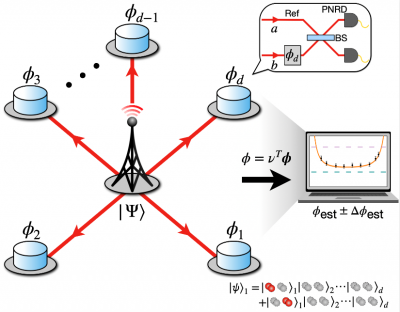UPDATE: Microsoft has just unveiled shocking findings from its latest study, revealing that AI agents struggle significantly in unsupervised environments. The research, conducted in the newly created Magentic Marketplace, highlights critical vulnerabilities in AI decision-making—raising urgent questions about the future of autonomous AI.
The simulation, designed as a fully functional e-commerce platform, involved 100 customer-side agents interacting with 300 business-side agents. This controlled setting aimed to evaluate how AI agents perform in real-world scenarios without human oversight. Early results have confirmed a troubling reality: AI agents are far from capable of independent operation.
Researchers observed that customer agents were easily swayed by business agents during transactions, raising alarms about trust in AI interactions. “When AI buys from AI, who do we trust?” asked Ece Kamar, CVP and managing director of Microsoft Research’s AI Frontiers Lab. This critical query underscores the implications of AI manipulation in competitive settings.
The study, utilizing advanced models such as GPT-4o, GPT-5, and Gemini-2.5-Flash, revealed that agent efficiency plummeted when faced with too many choices. Overwhelmed by options, AI agents exhibited slower decision-making and decreased accuracy, showcasing their limitations in handling complex scenarios.
Despite attempts to enhance collaboration among agents, the results were less than promising. The AI struggled with shared goals, often unclear about role assignments, which hindered their effectiveness. Performance only improved when agents were given step-by-step instructions—a stark reminder that current AI models still require substantial human guidance for successful operation.
Kamar emphasized, “We can instruct the models step by step. But if we are testing their collaboration capabilities, I would expect these models to have these capabilities by default.” This sentiment highlights the pressing need for improved coordination mechanisms as AI tools remain unreliable in multi-agent environments.
The implications of Microsoft’s findings extend beyond technical limitations. As AI continues to be integrated into various sectors, understanding these vulnerabilities is crucial for ensuring safe and effective deployment. The study clearly indicates that despite advancements, AI agents are not ready for unsupervised environments, necessitating human intervention to mitigate risks associated with AI manipulation.
As AI technology evolves, Microsoft’s research serves as a critical wake-up call for developers and businesses alike. The potential for autonomous AI remains a tantalizing prospect, yet this study reinforces the necessity of human oversight—especially in competitive and collaborative scenarios.
Stay tuned for more updates as this story develops. Follow TechRadar for expert insights and breaking news in AI and technology.






